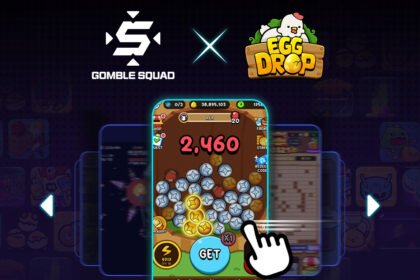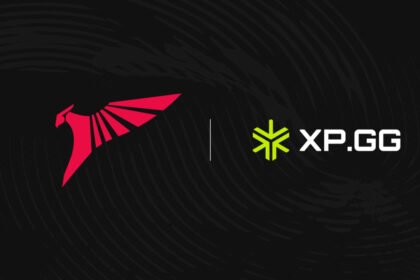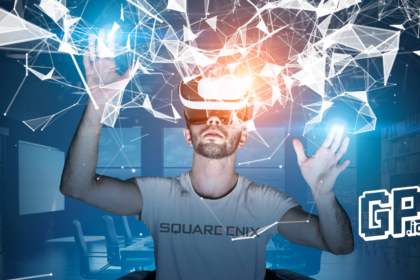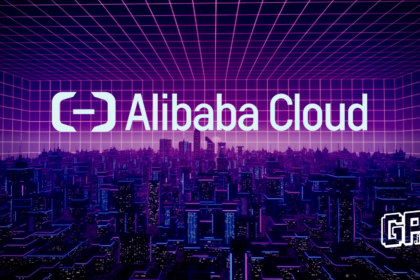The gaming industry has been rapidly evolving over the years, and new technological advancements continue to shape the future of gaming. One of the most promising technologies is blockchain, which is set to revolutionize the gaming industry. In this article, we will explore how blockchain technology will change the whole gaming industry.
How Blockchain Technology Works
Blockchain technology is a distributed, decentralized digital ledger that maintains a record of all transactions. Each block in the chain contains a cryptographic hash of the previous block, creating an unbreakable chain of data. This technology is secure, transparent, and immutable, making it perfect for applications where trust and accountability are crucial.
How Blockchain Will Change The Gaming Industry:
Blockchain technology offers several benefits that will transform the gaming industry. Some of these benefits include:
- Secure and Transparent Environment:
One of the primary benefits of blockchain technology is its ability to create a secure and transparent environment. Gaming companies can use blockchain technology to create tamper-proof in-game assets, track player behavior, and provide players with a secure, transparent gaming experience. The use of blockchain technology can help combat fraud, hacking, and other malicious activities that can compromise the integrity of the gaming experience.
- Non-Fungible Tokens (NFTs):
One of the most significant benefits of blockchain technology in gaming is the creation of non-fungible tokens (NFTs). NFTs are unique digital assets that can be bought, sold, and traded just like physical assets. In gaming, NFTs can be used to create rare and unique in-game items, such as weapons, armor, and cosmetic items. These items can then be bought, sold, and traded between players, creating a new economy within the game.
- Decentralized Gaming Platforms:
Blockchain technology also enables the creation of decentralized gaming platforms, where players can engage in peer-to-peer gaming without the need for intermediaries. This eliminates the need for centralized servers and third-party service providers, which can reduce costs and increase efficiency. Decentralized gaming platforms also offer players greater control over their gaming experience, allowing them to earn rewards and participate in governance decisions.
- Gaming Asset Ownership:
With blockchain technology, players can truly own their in-game assets. Blockchain allows for the creation of a secure and transparent ledger that tracks ownership of in-game assets. This means that players can sell or trade their assets freely, without any restrictions from the game developer. This can create a more vibrant and dynamic gaming economy, as players can freely buy, sell, and trade in-game assets.
Challenges to Implementing Blockchain in Gaming
While the potential benefits of blockchain technology in gaming are significant, there are also several challenges to implementing this technology. One of the biggest challenges is the technical complexity of blockchain, which can be difficult for game developers who are not familiar with the technology. In addition, there are concerns around scalability and the ability of blockchain to handle the large amounts of data that are generated by modern games. Finally, there are regulatory issues that need to be addressed, as many countries have not yet developed clear guidelines for the use of blockchain in gaming. Despite these challenges, however, many game developers are already exploring the potential of blockchain technology, and we can expect to see continued innovation in this area in the years to come.
Real-World Examples of Blockchain in Gaming
While the use of blockchain technology in gaming is still relatively new, there are already several real-world examples of its implementation. One example is the game CryptoKitties, which allows players to buy, sell, and trade digital cats using blockchain technology. Another example is the game Gods Unchained, which uses blockchain to create a secure and transparent environment for players to buy, sell, and trade in-game assets. In addition, many gaming companies are exploring the potential of blockchain for in-game economies, allowing players to take control of the value of in-game assets and participate in the economy on their own terms. As more and more game developers experiment with blockchain technology, we can expect to see new and innovative use cases that say that blockchain will change the gaming industry.









